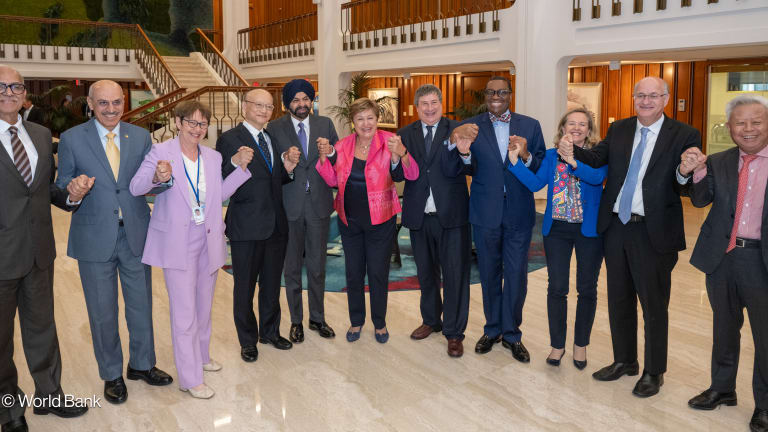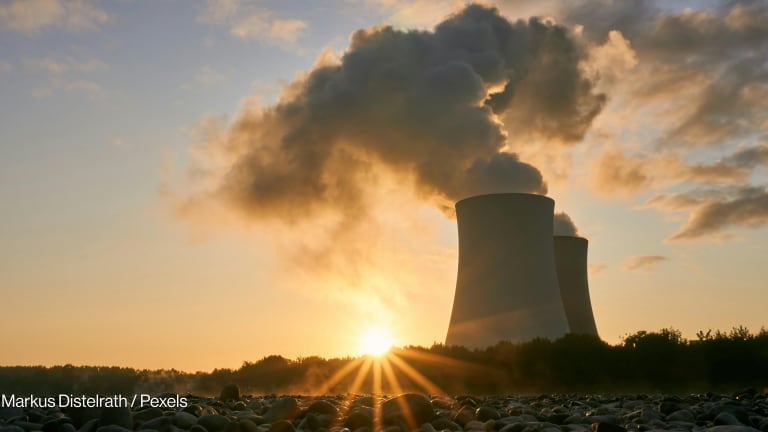Leaders of the world’s 20 largest economies backed a joint agreement calling for “better, bigger and more effective” multilateral development banks, or MDBs, at the G20 summit in New Delhi, India, last weekend, endorsing a road map on reforms which they say could free up an extra $200 billion in lending to help tackle growing global challenges such as climate change.
The declaration stopped short of offering any firm financial commitments, however, which experts say are needed alongside reforms. The fear is that without a fresh injection of cash from donors, funding gaps will force a trade-off between action on climate change and poverty alleviation in the lowest-income countries.
“Without a commensurate increase in the financing capacity, there is a real concern that the resource availability for the core development mandate of MDBs will face a severe crunch,” said V. Anantha Nageswaran, chief economic adviser to the government of India, in an email to Devex. Implementing reforms, “while an important building block, will not suffice for the financing needed.”








